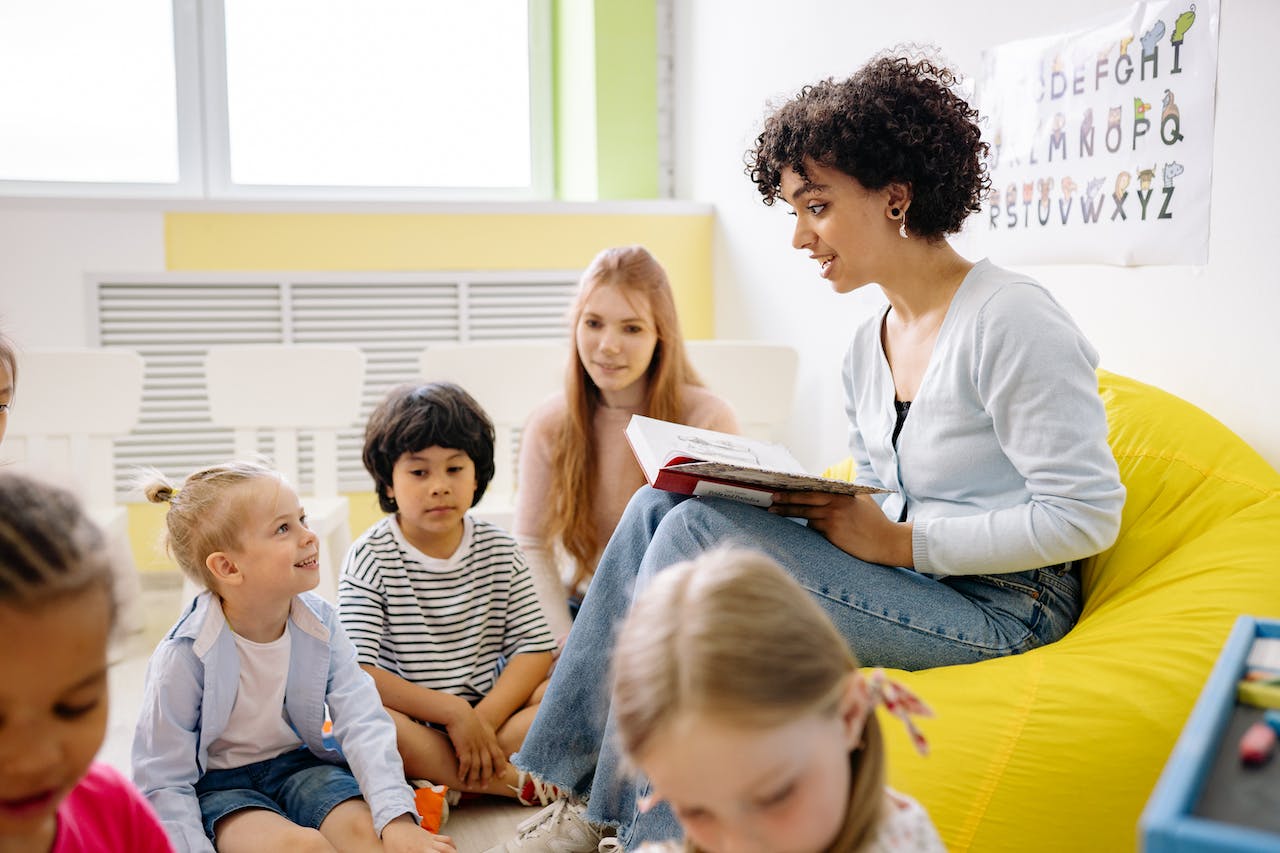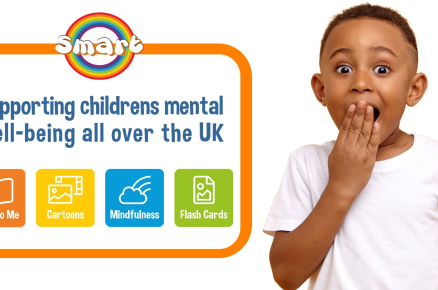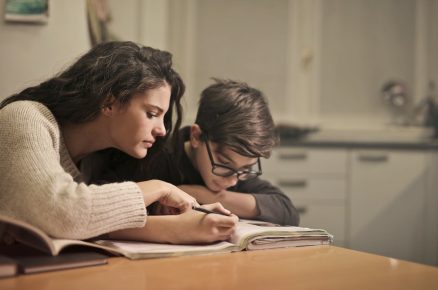What is PSHE?
The first question that comes to mind is: What does PSHE stand for? Personal, social, health, and economic education. PSHE is a subject that aims to teach kids what they need to know to stay safe, happy, and healthy and to get them ready for life and work. In PSHE, kids learn the facts, skills, and ideas they need to live a healthy, secure, and independent life.
Finding your way around our complicated world is challenging. Parents and teachers are essential in getting kids ready for the future. So, the goal of PSHE is to give students the tools they need to:
Take responsibility for their own physical and mental health; learn about the dangers of drugs and alcohol and how to stay safe online; build resilience, independence, and responsibility; understand the personal and social skills needed to succeed in business and industry; identify incorrect information and challenge erroneous reports or views they may come across.
Is it Necessary to Teach PSHE?
Since September 2020, it has been the law that primary schools teach relationship education and health education as part of PSHE. Secondary schools must teach relationships, sex, and health education. A lot of PSHE lessons are concerning, but schools are also urged to talk about non-required topics like careers and financial well-being. Citizenship is not a required subject in primary school.
The PSHE Association and the Department for Education both say that all schools should have a whole-school spiral PSHE curriculum for years from kindergarten to sixth grade in primary school. It should cover every objective set out in the statutory guidelines and be flexible enough to meet the needs of all the kids in the school.
On a progression document, like our Deep Dive into PSHE: Whole School Progression Map 2020, you can see everything that is taught in primary schools in PSHE.
PSHE Curriculum in Primary Schools: How is it Taught?
One plan of work is used by most schools to teach citizenship, relationships, health, and sex education (if it is taught). These are the three main parts of PSHE and Citizenship that are taught in kindergarten schools:
Health and Well-being Relationships
Schools are free to choose how to teach PSHE material in Living in the Wider World. The PSHE curriculum will be taught through a variety of tasks, such as debates, conversations, role plays, quizzes, labelling diagrams, and making posters.
The PSHE program at school talks about touchy things. Distancing methods are used to teach these so that kids can safely look into topics and ask questions without having to talk about or give personal explanations. At times, kids might talk about made-up characters and imagine what those characters might do. A lot of schools also have question boxes where kids can ask questions about what they’ve learned in PSHE class without giving their names or any other information.
In schools, PSHE lessons have ground rules to make sure that kids are polite to each other and accept their ideas and thoughts. All of the efforts should be valued and accepted.
Some secondary school courses, like science, geography, computers, and PE, are linked to PSHE and Citizenship. However, the PSHE curriculum in schools goes along with these topics and doesn’t repeat what they taught.
What will these key concepts offer kids?
In the Relationships unit, children will taught:
- Children will learn how to make and keep a range of good relationships, including family and friendship relationships, during the Relationships unit.
- It’s all about having respect for yourself and others, living politely, and having good manners.
- How do we deal with misconceptions, and how do we treat people with different views?
- It’s about how important it is to ask and permit relationships.
- Find out about the different kinds of bullying and how to get help.
- All about dating and interacting online, as well as the risks that come with them.
- About the ideas of privacy and boundaries, as well as touch and inappropriate contact (both physically and digitally).
- Learn how to handle relationships that are dangerous or bad and how to ask for help.
In the Health and Wellbeing unit, children will taught:
- The Health and Wellbeing unit will teach kids what it means to live a good life.
- You can get help with this and learn how to make intelligent decisions about your mental and physical health and well-being.
- All ways to take care of yourself.
- What are your feelings now, and how do you talk about them?
- It’s about internet safety and harms, such as how it can hurt your physical and mental health, stalking, and how to get help with problems you’re having online.
- It’s about drugs, alcohol, and tobacco, as well as the risks that come with them.
- About getting infected, living clean, and getting vaccinated.
- Learn different ways to take care of our bodies, like how to keep our skin out of the sun, sleep enough, and brush our teeth.
- What to do in an emergency, and how to give first aid.
- Everything you need to know about how your body changes as a teenager, including physical and mental changes, as well as menstrual health.
Living in the Wider World unit can instruct them:
- About our rights and duties as family members, members of other groups, and the people.
- It’s about various societies and groups. And how to be a valuable member of a group with a lot of different kinds of people and how to respect equality and diversity.
- It’s about how important it is to care for and value the environment.
- About where money comes from, how to keep it safe, and why it’s essential to manage it well.
PSHE education is also beneficial for kids when they are teenagers and are trying to find their way and become more independent. PSHE lessons teach kids essential things they need to know to live a healthy life. They cover a wide range of topics, such as relationships, money, personal health, social problems, and drug awareness. Kids need to know about these issues so they can understand the world we live in and how to stay safe.






